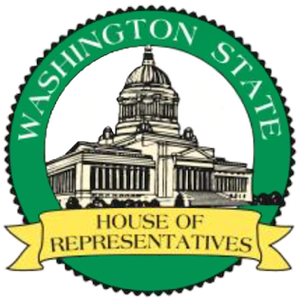The Washington State House Regulated Substances and Gaming Committee (WA House RSG) is charged with considering issues relating to the regulation and taxation of alcohol, tobacco, vapor products and cannabis, as well as product safety and access, and issues relating to the regulation and oversight of gaming, including tribal compacts.
Work Session
- "Cannabis Laboratory Testing and Pesticides."
- "Cannabis Social Equity Program."
